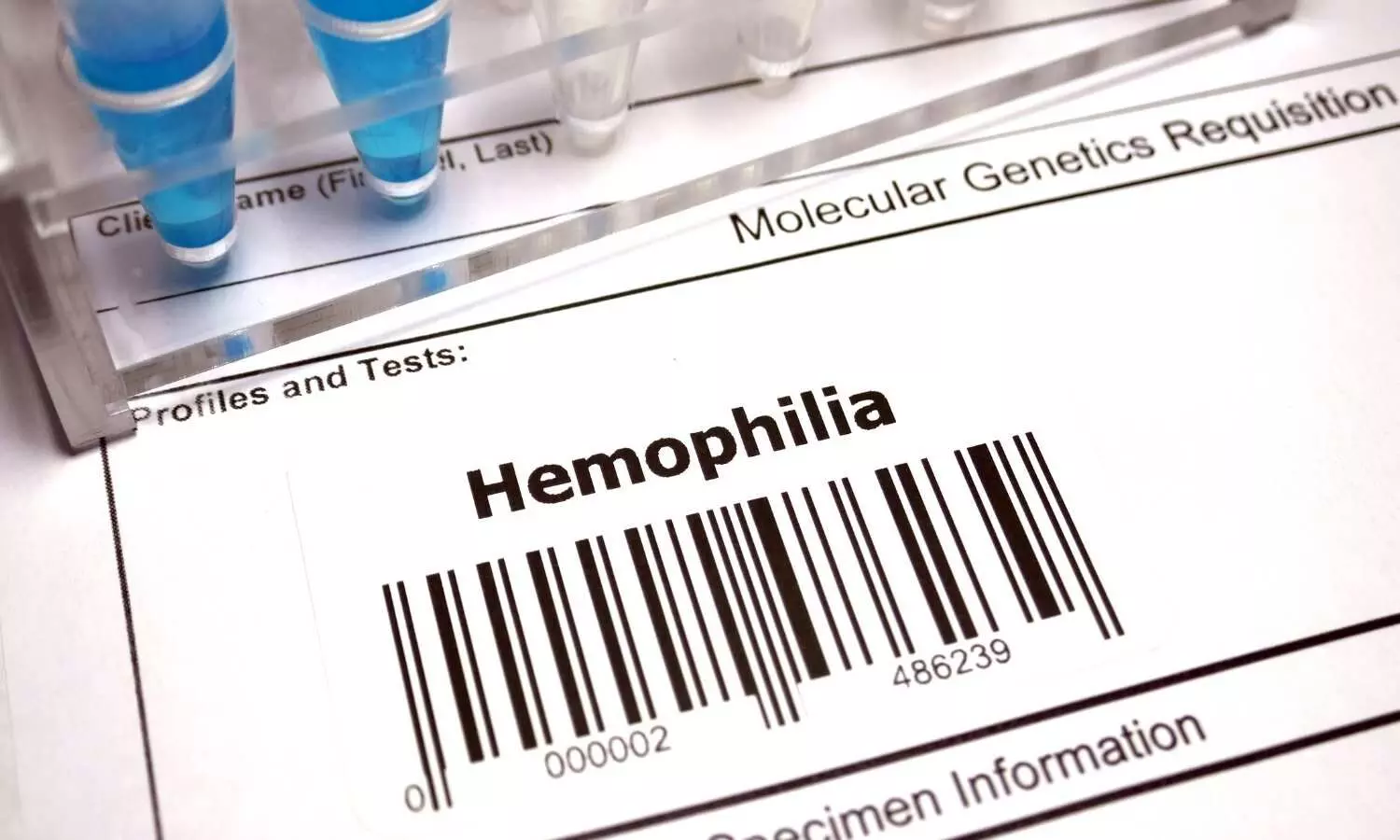ICMR Study Finds Cheaper Emicizumab Dose Works for Haemophilia A Patients

New Delhi: A recent study led by the Indian Council of Medical Research (ICMR) has found that a low dose of emicizumab could be as effective as the standard dose in treating haemophilia A, a genetic bleeding disorder. The findings suggest that the lower dose may offer a cost-effective treatment alternative, particularly for patients in developing countries.
Emicizumab is a bispecific monoclonal antibody that mimics the function of the missing or deficient clotting factor VIII (FVIII), helping to promote blood clotting and reduce bleeding episodes in haemophilia A patients.
The study was conducted by ICMR’s Centre for Research Management and Control of Haemoglobinopathies (CRHCM) in Nagpur. It compared the effectiveness and safety of low-dose emicizumab with low-dose FVIII prophylaxis through a chart review. The research has been published in the Journal of Thrombosis and Haemostasis.
“As the standard dose of the drug is expensive making it difficult for people from lower economic strata to access it, the ICMR led the study to understand its effectiveness even with a low dose,” said Dr. Manisha Madkaikar, Director of ICMR-CRHCM.
She further stated, “Low-dose emicizumab will reduce the cost of therapy by more than 50 per cent resulting in the saving of more than 7 crore per patient for lifetime treatment assuming a life span of 50 years and average weight of 50 kg.”
According to the study, the direct cost of low-dose emicizumab is approximately $6,000, compared to about $15,000 for the standard dose. The cost of low-dose recombinant FVIII prophylaxis used in the study was around $6,282, though this may vary from $3,432 to $7,920 depending on the type of factor used.
“Our study successfully demonstrated that low-dose emicizumab is equally effective in the treatment of Haemophilia,” Dr. Madkaikar said.
India has around 27,000 registered haemophilia patients, with an estimated total of 1,40,000 potentially affected, according to official data.
Haemophilia typically presents with frequent bleeding episodes, especially in large joints such as the knees, ankles, elbows, hips, and wrists. These episodes, if not treated properly, can lead to joint damage and serious complications. Treatment with monoclonal antibodies like emicizumab has been shown to offer better protection with fewer infusions, especially for patients who develop inhibitors against traditional factor therapy.
The ICMR study concluded that low-dose emicizumab not only helps in bleeding prevention but also improves joint health and overall quality of life for haemophilia patients.


